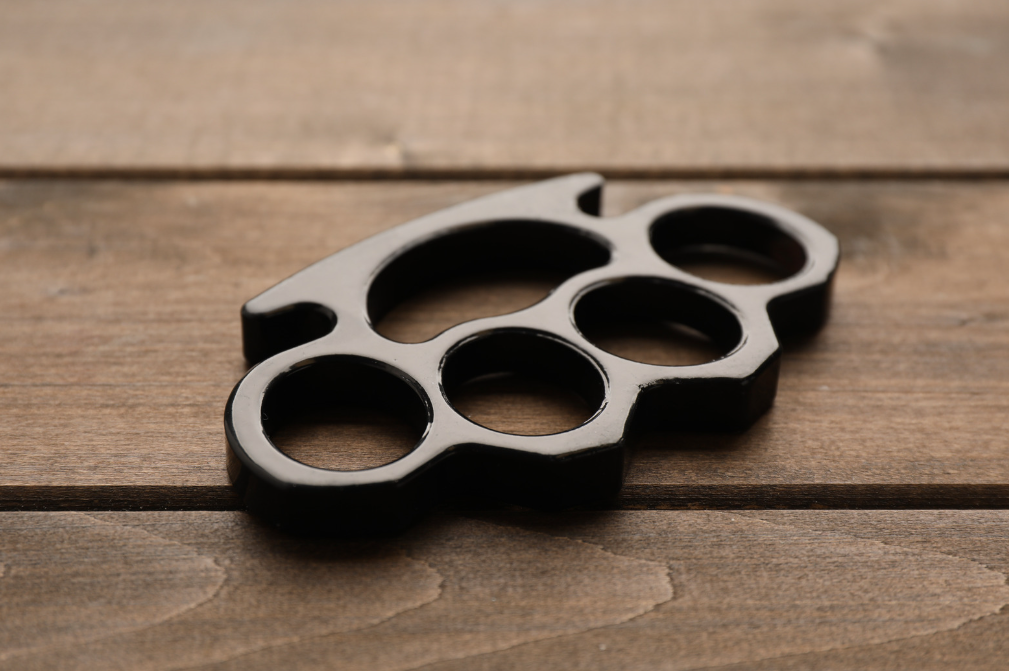Are Brass Knuckles Illegal?

Brass knuckles have long been a topic of legal debate, often associated with personal defense or criminal activity. Their legality varies widely across jurisdictions, making it essential to understand the laws governing their possession, use, and sale. Here’s a detailed guide on the subject.
What Are Brass Knuckles?
- Brass knuckles are handheld weapons designed to increase the impact of a punch, often made of metal, plastic, or other durable materials.
- Their purpose is primarily for self-defense or as a combat tool, but they are often associated with their potential for causing serious harm or fatal injuries.
- Learn about their classification and history from Encyclopedia Britannica.
Are Brass Knuckles Legal in the United States?
- The legality of brass knuckles depends on the state, with some completely banning their possession and others permitting them under certain conditions.
- Federal law does not explicitly regulate brass knuckles, leaving the decision to individual states.
- For a breakdown of state laws on weapons, visit the National Conference of State Legislatures (NCSL).
States Where Brass Knuckles Are Illegal
- States like California, New York, and Massachusetts have strict laws prohibiting the sale, possession, or use of brass knuckles.
- Violating these laws can result in severe penalties, including fines, criminal charges, and imprisonment.
States Where Brass Knuckles Are Legal
- In states such as Texas, Montana, and Arizona, brass knuckles are legal to own for self-defense purposes.
- Even in states where they are legal, carrying them without the proper permits or using them irresponsibly can lead to legal consequences.
Federal Regulations and Interstate Travel
- Traveling across state lines with brass knuckles can result in legal complications if passing through states where they are banned.
- Federal property, such as airports and national parks, often prohibits brass knuckles regardless of state laws.
- For advice on federal weapon policies, refer to the Transportation Security Administration (TSA).
Brass Knuckles as Concealed Weapons
- Many states classify brass knuckles as concealed weapons, which may require a permit to carry legally.
- Carrying brass knuckles without a concealed weapon permit can result in charges, even in states where ownership is permitted.
Penalties for Illegal Possession of Brass Knuckles
- Penalties vary widely but can include fines, probation, or incarceration, depending on the state and circumstances.
- Using brass knuckles during the commission of a crime often results in enhanced charges and harsher penalties.
Brass Knuckles and Self-Defense Laws
- Self-defense laws, such as “Stand Your Ground” or “Castle Doctrine,” may affect the legality of using brass knuckles in a defensive situation.
- However, their use must align with state-specific self-defense statutes to avoid legal repercussions.
- For more on self-defense laws, visit Lawyers corner.
Alternatives to Brass Knuckles for Self-Defense
- Non-lethal tools, such as pepper spray, stun guns, or personal alarms, are legal in most states and can provide effective self-defense options.
- Always check local laws regarding the legality of these alternatives before purchasing or carrying them.
International Laws on Brass Knuckles
- Many countries, including Canada, Australia, and the United Kingdom, classify brass knuckles as prohibited weapons.
- Travelers should avoid carrying brass knuckles internationally, as penalties for possession can be severe, including fines or imprisonment.
- Check international weapon laws through Interpol.
How to Stay Compliant with the Law
- Research state and local laws regarding brass knuckles before purchasing, carrying, or using them.
- Consult legal professionals or local law enforcement for guidance on compliance and safety practices.
Why Legal Guidance Is Important
- Weapon laws are complex and vary widely, making legal assistance crucial if you face charges related to brass knuckles.
- A lawyer experienced in weapon-related laws can help protect your rights and minimize legal penalties.
For more information or assistance regarding weapon-related legal matters, contact The Lawyers Corner. Our team is here to provide expert advice, help you understand your rights, and ensure compliance with applicable laws.

Related Items:





